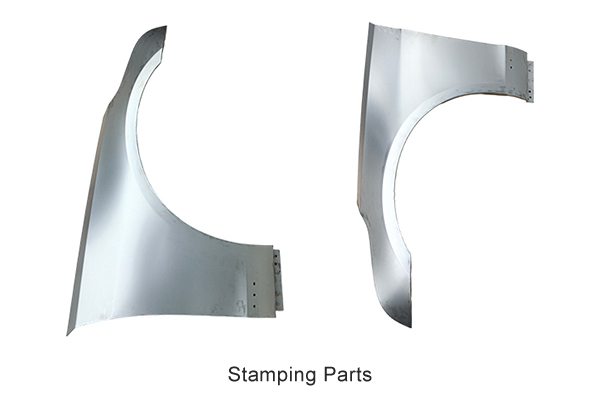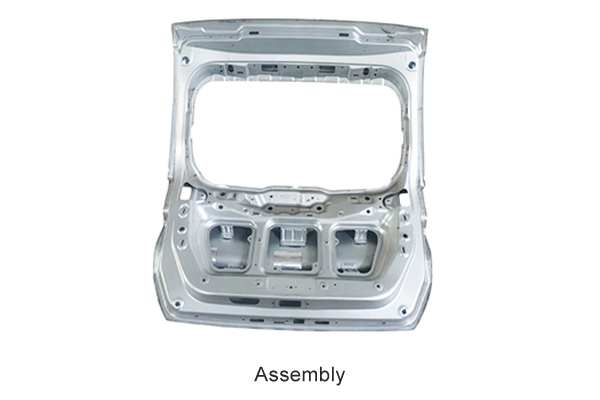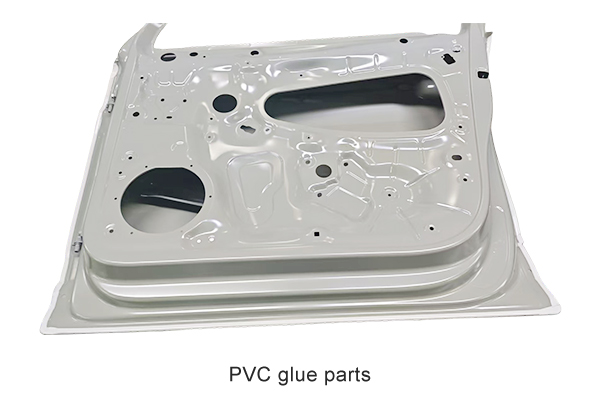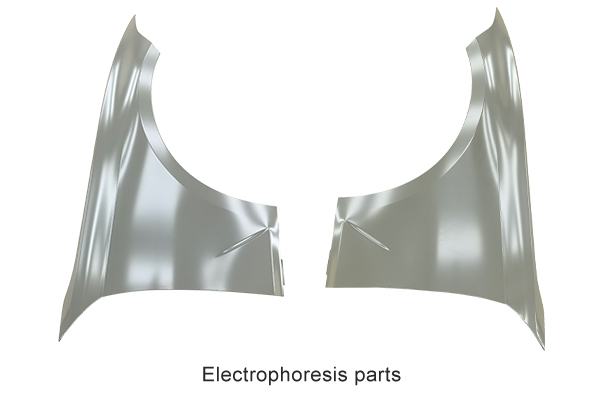How does the low noise characteristics of automobile cover hydraulic press processing improve the workshop environment?
Release Time : 2025-07-24
The low noise characteristics of automobile cover hydraulic press processing first create a more comfortable auditory environment for the workshop. The high-decibel noise of traditional hydraulic presses at work will make the workshop full of harsh sounds. Being in such an environment for a long time will make people feel irritated and depressed. The low-noise hydraulic press greatly reduces the sound intensity, making the sound in the workshop softer. Even if multiple devices are running at the same time, no noisy sound waves will be formed. Workers working in such an environment can reduce the sense of auditory oppression and it is easier to keep calm physically and mentally.
This low noise characteristic helps protect the hearing health of workers. Long-term exposure to high-intensity noise environments can easily lead to hearing loss, tinnitus and other problems, affecting the physical health and working status of workers. Low-noise hydraulic presses reduce the continuous stimulation of noise on hearing, reduce the risk of hearing damage, and allow workers to maintain a good hearing state during long-term work without having to bear the physiological pressure caused by noise all the time. This is of great significance to protecting the occupational health of workers.
A low-noise environment can improve workers' attention and work efficiency. Noise can distract people's attention, especially in the automobile cover hydraulic press processing link that requires precise operation. Minor mistakes may affect product quality. Low-noise hydraulic presses reduce the interference of external sounds, allowing workers to focus more on the operation process, such as observing the molding state of parts, controlling the operating parameters of equipment, etc., thereby reducing the probability of operating errors, improving the accuracy and efficiency of automobile cover hydraulic press processing, and indirectly improving the overall production quality of the workshop.
Low noise characteristics help improve the communication environment in the workshop. In traditional high-noise workshops, workers need to shout loudly to communicate with each other, which is not only laborious, but also easy to cause misunderstandings and affect work coordination. In a low-noise environment, workers can communicate at a normal volume, whether it is conveying production instructions, feedback equipment problems, or coordinating work processes, they can be carried out more clearly and efficiently, reducing communication costs, improving the smoothness of teamwork, and making the production organization of the workshop more orderly.
For the environment around the workshop, low-noise hydraulic presses can also reduce adverse effects. If the workshop is close to residential areas or other office areas, the noise of traditional hydraulic presses may interfere with the outside world, cause neighborhood disputes or affect the tranquility of the surrounding environment. Low-noise hydraulic presses reduce the range and intensity of sound propagation, reduce noise pollution to the external environment of the workshop, allow production activities to coexist more harmoniously with the surrounding environment, and avoid external conflicts caused by noise problems.
Low-noise characteristics can also extend the service life of other facilities around the equipment. High-intensity noise not only affects people, but also causes invisible damage to electronic equipment and precision instruments in the workshop. Long-term vibration and sound wave impact may cause the parts of these equipment to loosen and age faster. Low-noise hydraulic presses reduce this sound wave impact, allowing peripheral equipment to operate in a more stable environment, reducing failures caused by noise vibration, reducing the maintenance frequency and cost of equipment, and indirectly ensuring the normal operation of various facilities in the workshop.
In addition, a low-noise environment helps to improve the overall management level of the workshop. A quiet and orderly production environment makes it easier for managers to detect abnormal situations in a timely manner, such as abnormal noises from other equipment and the sound of parts falling. These subtle sounds are easier to detect in a low-noise environment, making it easier to deal with potential problems in a timely manner. At the same time, a good environment can also enhance workers' sense of belonging and responsibility, making them more willing to maintain the cleanliness and order of the workshop, forming a benign production atmosphere, and promoting the improvement of workshop management level.








